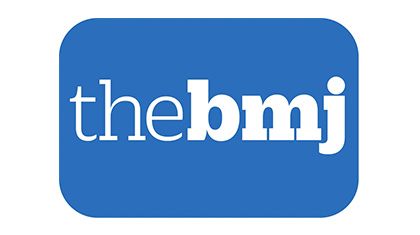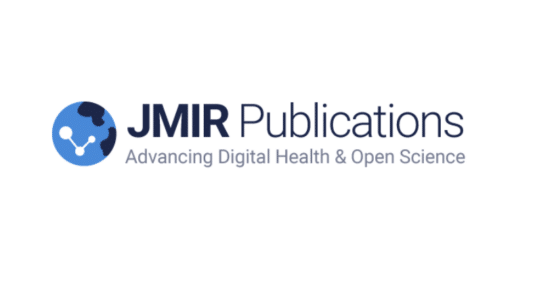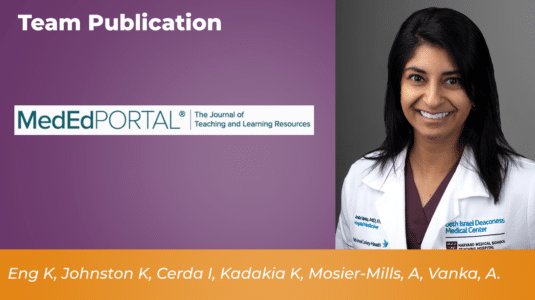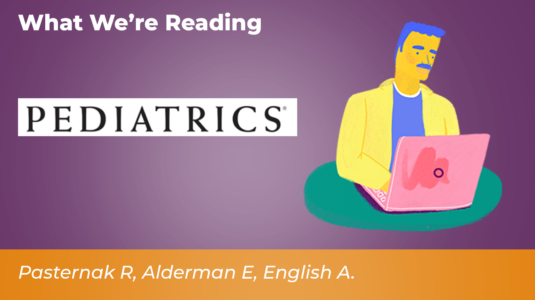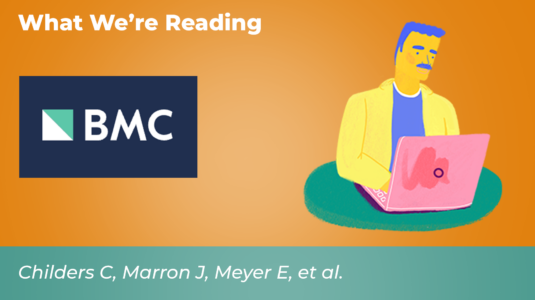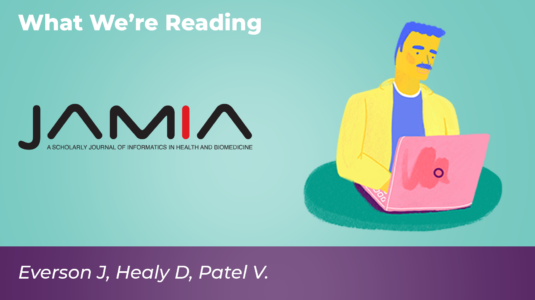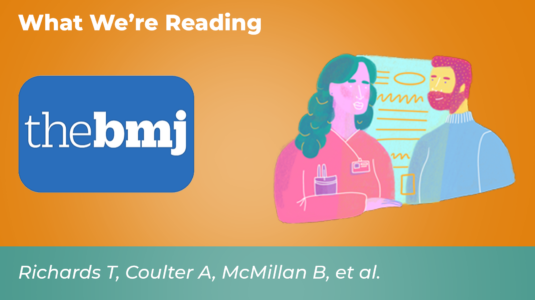Despite initial professional resistance and policy delays, countries like Denmark, Estonia, Sweden, and the US have demonstrated that the benefits of full record access outweigh the risks. Patients globally are calling for interactive, user-friendly portals to access and correct their medical records, emphasizing that this is crucial for self-care, particularly in the post-pandemic era where healthcare access has declined.
Health Policy
Patient portals fail to collect structured information about who else is involved in a person’s care
“Shared access” uses separate identity credentials to differentiate between patients and care partner portal users. EHR vendors must recognize that both patients and care partners are important users of their products and acknowledge and support the critical contributions of care partners as distinct from patients.
A patient-centered documentation skills curriculum for preclerkship medical students in an open notes era
We developed this session for first-year medical students within their foundational clinical skills course to place bias-free language at the forefront of how they learn to construct a medical note. While the longitudinal impact remains to be seen, it is clear patient-centered documentation skills should be an integral part of documentation education.
21st Century Cures Act ONC Rule: Implications for adolescent care and confidentiality protections
This article reviews the key aspects of confidentiality protections in adolescent health care, explains the ONC Rule, outlines clinical, HIT, and equity challenges associated with its implementation, encourages the development of policies protecting the confidentiality of adolescents’ EHI [ … ] and offers tools for analyzing key questions in individual cases and practical steps to address the confidentiality of EHI with patients and parents.
Clinical ethics consultation documentation in the era of open notes
The new regulatory requirements of the 21st Century Cures Act provide a valuable opportunity to involve patients more actively in the documentation and telling of their own story of ethical complexity. Healthcare systems should take advantage of this new era and use open notes as a way to improve CECs documentation and, ultimately, patient care.
Experiences with information blocking in the United States: A national survey of hospitals
We sought to describe hospital leaders’ perceptions of the prevalence of practices that may constitute information blocking, by actor and hospital characteristics, following the rule’s applicability date. These results […] support the need for continued observation to provide a sense of the prevalence of information blocking practices and for education and awareness of information blocking regulations.
Patient access to full general practice health records
Researchers in the UK say patients have little choice but to be more self-reliant due to overwhelming demands on the health system. Ready online access to full health records could help and may also reduce demand.
Sharing Clinical Notes Potential Medical-Legal Benefits and Risks
It is possible that greater mutual understanding and strengthened patient-physician communication could promote better health outcomes and reduce patients’ inclination to litigate even when medical errors do arise. Verifying the potential effects of sharing clinical notes on malpractice liability risks will require thorough study and monitoring.
Open Notes Become Law: A Challenge for Mental Health Practice
Although benefits to patients’ having access to psychiatric notes have been documented, early studies involved patients’ access to hard copies they often reviewed in the presence of mental health professionals. … Clinicians worry about possible harms, and in surveys, many psychiatrists anticipate that patients will become confused, get angry, or decompensate when reading their notes. However, experience challenges the assumption that mental health notes should remain segregated because these patients “cannot handle it.” … Both anecdotally and in surveys, fears among clinicians have largely been unrealized, and we are not aware of any reports of harm to or legal action from patients accessing their mental health notes.
Preparing Patients and Clinicians for Open Notes in Mental Health: Qualitative Inquiry of International Experts
This study provides timely information on policy and training recommendations derived from a wide range of international experts on how to prepare clinicians and patients for open notes in mental health. The results of this study point to the need for further refinement of exemption policies in relation to sharing mental health notes, guidance for patients, and curricular changes for students and clinicians as well as improvements aimed at enhancing patient and clinician-friendly portal design.
